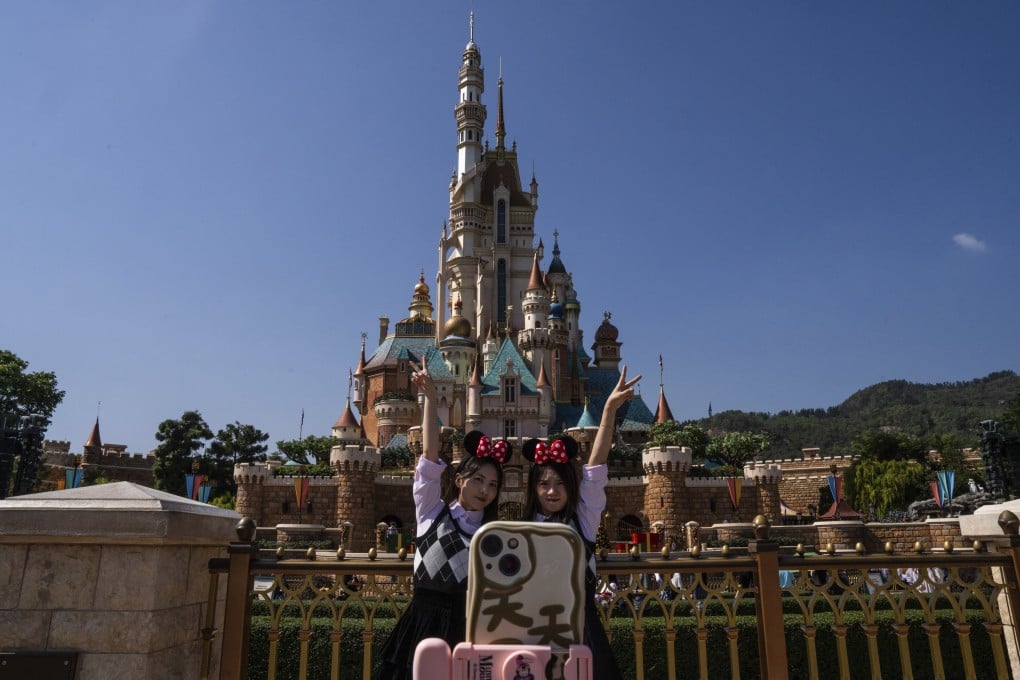Advertisement
Letters | Why not move loss-making Hong Kong Disneyland to mainland China’s Sanya?
- Readers discuss the benefits of relocating the struggling theme park in Hong Kong, addressing the underlying causes of student stress, guarded optimism over the Cop28 agreement, and taking chronic fatigue syndrome seriously
Reading Time:3 minutes
Why you can trust SCMP
3

Feel strongly about these letters, or any other aspects of the news? Share your views by emailing us your Letter to the Editor at [email protected] or filling in this Google form. Submissions should not exceed 400 words, and must include your full name and address, plus a phone number for verification.
I am glad to see Ocean Park finally turning a profit (“Hong Kong’s Ocean Park posts HK$118.5 million surplus after years of running deficits”, December 13). By contrast, Hong Kong Disneyland continues to lose money.
The Hong Kong government should obtain support from Beijing to move its Disneyland, the smallest Disney resort campus in the world, to Hainan Island – or more precisely, to Sanya, one of China’s major entertainment hubs. It should be possible to obtain more land there to create a proper Disneyland, similar to the ones in Shanghai and Tokyo, which would help attract more tourists from Southeast Asian countries to China.
Advertisement
By relocating Disneyland to Sanya, the current site and the empty lot next to it that was previously reserved for the theme park’s expansion can then be used to build affordable housing. The infrastructure is already there. The lack of affordable housing has been an item on every chief executive’s policy address since Hong Kong’s return to Chinese sovereignty, but progress has been slow.
This is a win-win proposition which would benefit all parties – mainland China, Hong Kong and Disneyland. I hope our government will seriously consider pursuing it.
Advertisement
Paul M.F. Cheng, Mid-Levels
Advertisement
Select Voice
Choose your listening speed
Get through articles 2x faster
1.25x
250 WPM
Slow
Average
Fast
1.25x